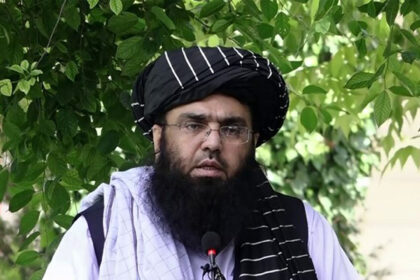RASC News Agency: Asif Durrani, Pakistan’s former envoy to Afghanistan, has asserted that the Taliban do not constitute a “permanent reality” in Afghanistan and remain unwilling to engage in substantive dialogue on critical issues. Speaking on Monday at the opening session of the 12th Herat Security Dialogue in Spain, Durrani highlighted the Taliban’s persistent refusal to enter negotiations and their continued denial of key challenges, including their ties with Tehrik-i-Taliban Pakistan (TTP). Durrani further argued that while the Pashtunwali code does not justify harboring criminals, the Taliban have deliberately manipulated this tribal tradition to shield TTP operatives, refusing to extradite them to Islamabad.
He pointed to the Taliban’s glaring contradictions: on the one hand, they claim Afghanistan is at peace, yet when asked to accept Afghanistani refugees, they insist the country is grappling with severe crises. He underscored that the Taliban’s evasive approach to diplomacy has severely strained their relations with Pakistan. However, despite the growing rift, trade between the two nations remains uninterrupted. Concluding his remarks, Durrani noted that international relations are inherently volatile, but the Taliban’s pattern of deflection and obstruction has become a recurring feature of their engagements.
For years, the Taliban functioned as a proxy force for Pakistan’s intelligence apparatus, waging war against Afghanistan’s government and people. However, after being installed in Kabul with Islamabad’s backing, the group sought to outmaneuver Pakistan by leveraging militant networks and forging closer ties with India to further their ambitions of creating “Pashtunistan” by destabilizing Pakistan. This strategic shift has profoundly disrupted the Taliban’s alignment with Islamabad, fracturing what was once a deeply embedded partnership.






